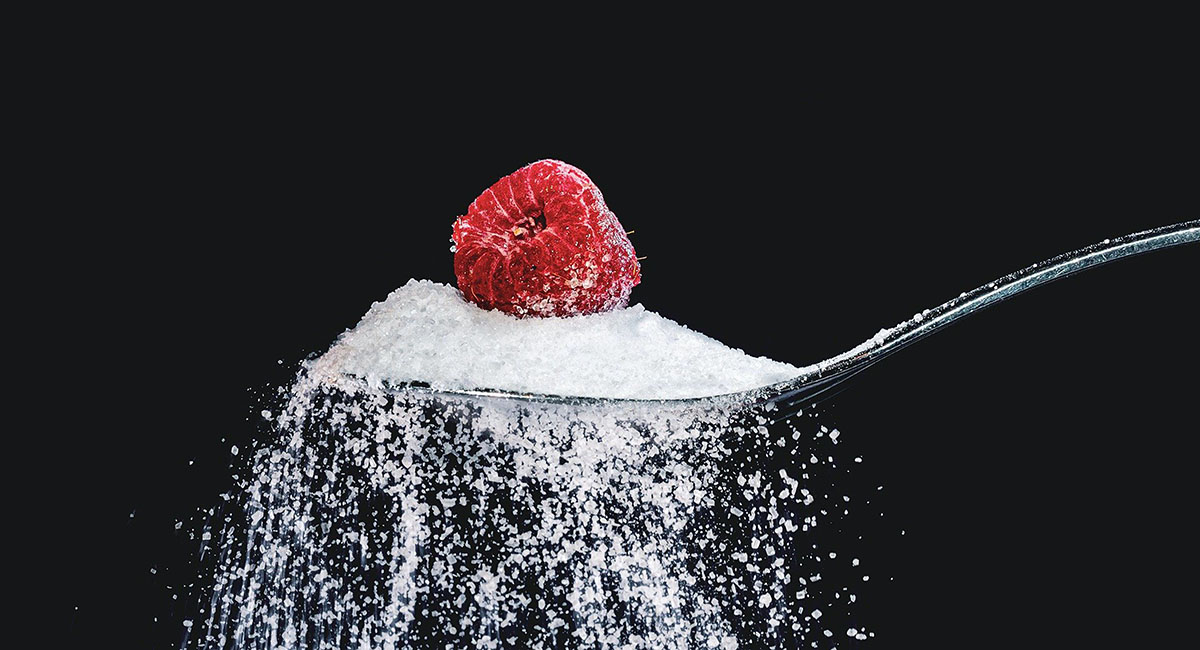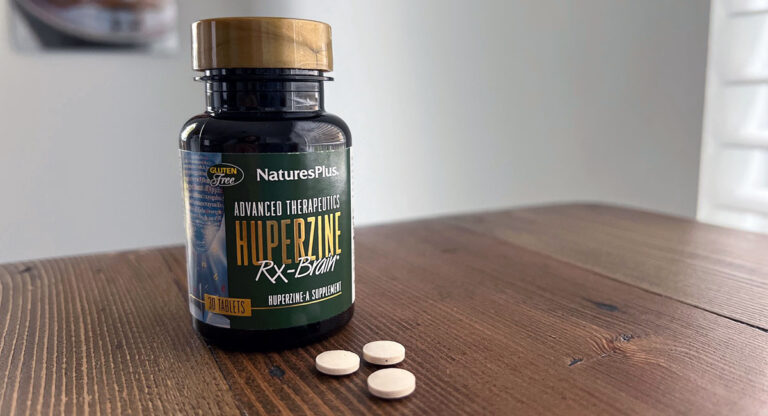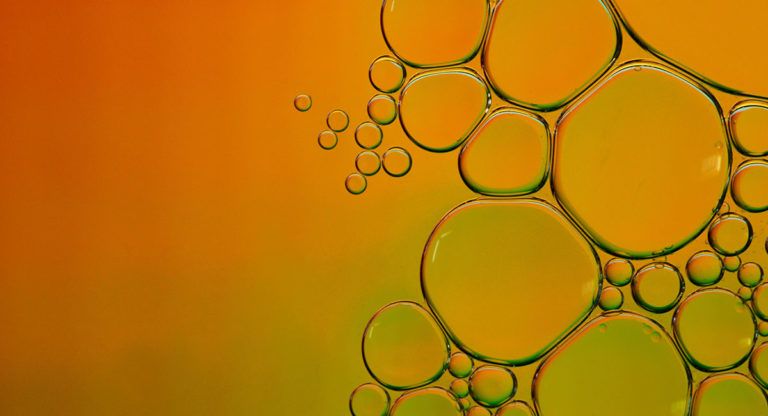
Are sugar alcohols bad for you?
Links in some blog posts may earn a commission for The Brain Cleanup Coach.
“These results suggest that consuming erythritol can increase blood clot formation. This, in turn, could increase the risk of heart attack or stroke. Given the prevalence of erythritol in artificially sweetened foods, further safety studies of the health risks of erythritol are warranted.” – National Institutes of Health
Erythritol
A naturally occurring sugar alcohol, nature is abundant with erythritol. You can find it in fruits like peaches, pears, watermelons, and grapes. It’s also present in mushrooms, cheese, sake, soy sauce, and even in wine. But erythritol occurs in trace amounts in these foods.
On the other hand, like all other sugar alcohols and artificial sweeteners, erythritol is used in larger quantities to sweeten processed food products. These artificial sweeteners are relatively new, so determining long-term health affects from them is also new.
But one study that was released earlier this year regarding erythritol definitely created concern.
Erythritol and Blood Clots
The study was conducted by a research team led by Dr. Stanley Hazen at the Cleveland Clinic. Initially the team looked at 1,000 people with the goal of discovering “compounds in blood whose levels were linked to future cardiac risk.” The team found that elevated levels of erythritol (and some other artificial sweeteners) were associated with the risk of cardiac events.
Zeroing in on erythritol they discovered that people with the highest erythritol levels in their blood were twice as likely to have a cardiovascular event (heart attack, stroke) than people who had the lowest levels of erythritol.
To better understand how erythritol might increase health risks, the research team exposed human platelets (which control blood clotting) to erythritol. Turns out erythritol seems to make platelets more sensitive to blood clotting signals, and even sped up clotting and artery blockages in mice.
The team also tested how diet affected erythritol levels in people. They had 8 healthy volunteers drink an erythritol sweetened beverage and then measured the erythritol levels in their blood. The levels increased 1,000 fold and stayed elevated for several days. For at least two of the days the elevated levels were high enough to trigger a change in platelet function.
My Takeaways
My personal experience with sugar alcohols has been fairly definitive.
I tried, time and time again, to use them to replace sugar. But they never failed to make me gassy and crampy, so now I choose to avoid them. I try, as often as I can, to live by a simple rule:
If a food, beverage, or supplement creates a reaction in my digestive chain (from sores in my mouth, to painful gas in my intestines, to abnormal poo), it’s not the best food for my body, and could ultimately affect my brain negatively.
My experience with sugar alcohols has been a negative one, but maybe it’s been different for you? Regardless, I do think the observations of the study referenced in this post should be taken seriously.
It seems like any type of sweetener, natural or artificial, that has been refined down will never be health promoting for the human body. I know that’s a broad statement. And I don’t deny that sweetener substitutes can help people who deal with sugar addiction and diabetes. But that darn sweet stuff, overtime, creates the possibility of health problems, some extreme.
So, as best you can, keep it under control. As much as you can, stick to getting your sugar from naturally sweet foods like fruit. By doing this you’ll also ingest fiber and other nutrients that your body can use to create health.
If you enjoyed this article you might also like:
- HUPERZINE-A SUPPLEMENT BENEFITS
- HOW TO BOOST YOUR INTERNAL ANTIOXIDANTS
- WHY ARE FATTY ACIDS IMPORTANT?




